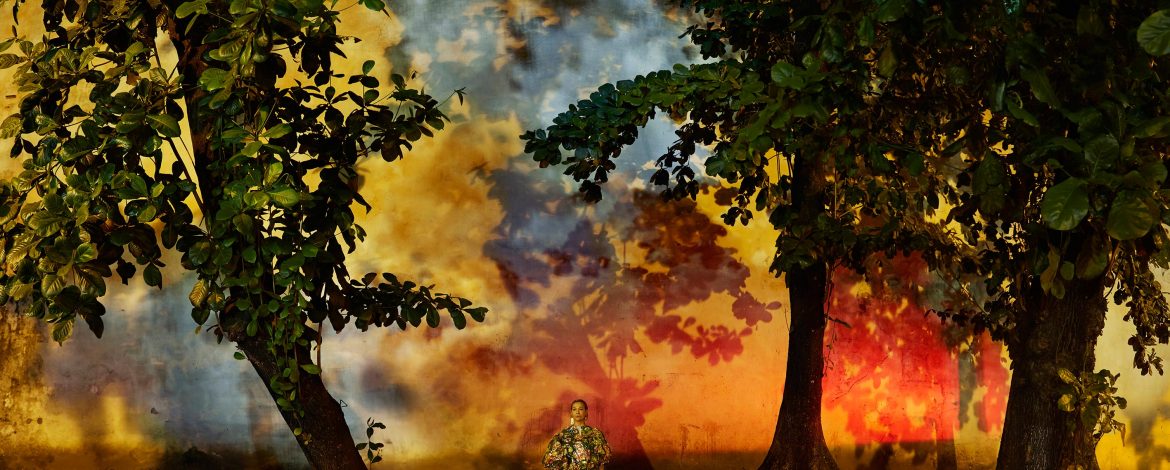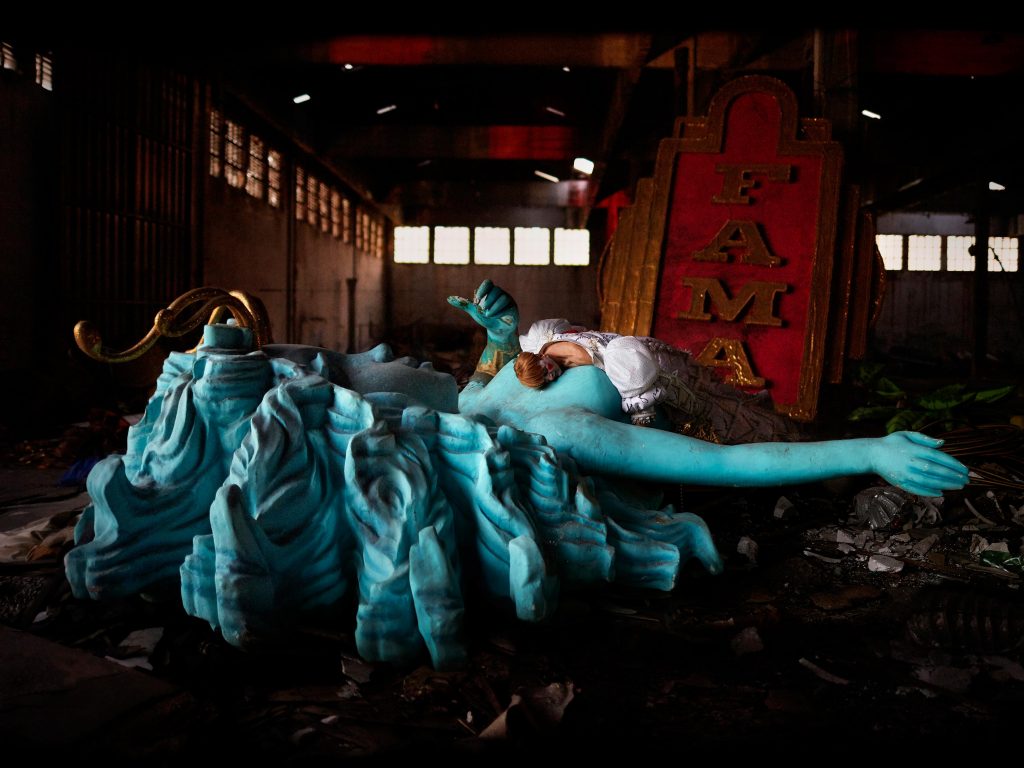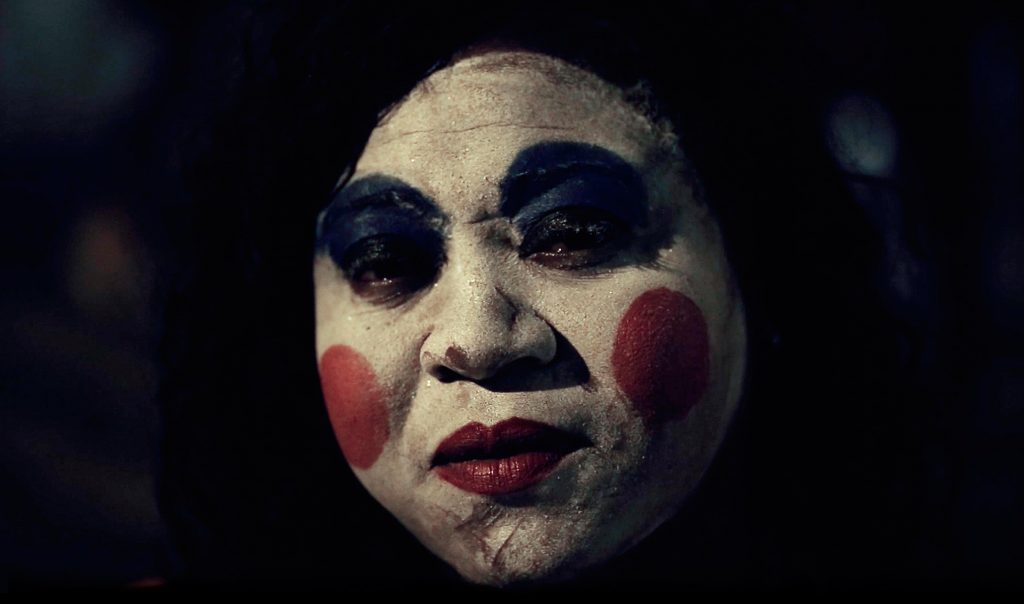

If Rio were a person, it would be trans, because it’s a fusion of colors, of happiness, facets, and interpretations… Rio is beautiful. A beautiful trans woman”
muses Luana Muniz, the star of Obscuro Barroco. This transcendent, avant garde documentary delves into the vibrancy of Rio de Janeiro’s carnaval celebrations, LGBTQ night life, and queer rights protests. Narrated by the mystical Luana— who throughout her life reigned as a transgender performer, activist, and prostitute— the film is a testament to the raw beauty and struggles of trans individuals in the carioca city. It is an artful, brazen ode to the darkness in which the characters create themselves and learn to shine.

Fully embracing Rio as her stage, Luana speaks of the city as a place of endless possibility and constant reinvention: “Rio de Janeiro is a factory of dreams… or nightmares. In those dreams, some lose themselves and others find themselves, but no one steps into the same Rio two times.” Lending itself to the metaphor of Rio as a trans woman, Obscuro Barroco explores the parallels between essential elements of the city and the experiences of the trans individuals in the film. One of the main carioca symbols that the documentary captures is the hectic charm of carnaval— the extravagant costumes, the striking performances, the spirited samba. Brazilian carnaval is a time to temporarily break out of social norms and escape daily hardships; it is an opportunity to assume a different identity, to pretend, to engage in the taboo and the fantastical, to celebrate uninhibitedly.

The very essence of carnaval is, in all its glory, not far from the spirit of the travestis in the film, who beautifully dress themselves, dance, and party as an act of self-expression, solidarity, and defiance in the face of the struggles they must experience the rest of the time. The queer parties captured in Obscuro Barroco are— like carnaval— spaces in which societal expectations are suspended, allowing the partiers to fully and fearlessly be themselves, free from the threats that exist beyond that space. It is an ephemeral moment of unrestricted freedom. “Carnaval passes,” reflects Luana. “Only the trans remain, transvested in street corners, on the stages, in beauty salons.”
Obscuro Barroco immerses the viewer in the crude, complex, beautiful surreality of Luana Muniz and her fellow trans cariocas. Unafraid to lean into the obscure, it pulls the viewer right into a hidden pocket of Rio’s factory of dreams and nightmares, from which you might come out slightly transformed, as well.
